
Learn more about weight loss surgery at Rocky Mountain Associated Physicians www.RMAP.com (801) 268-3800
Culture and environment have conditioned us to eat for a variety of reasons. We eat during the holidays, when we are happy, depressed, angry, bored, anxious, and in many types of social settings.
Eating for nutrition plays only a small part in the reason’s individuals eat. “Head hunger” results when an individual wants to eat for any reason other than being hungry. When you experience “head hunger” drink water, go for a walk, read a book, learn a new hobby, or clean your house. Do anything that will divert you from old patterns of eating that have no relation to nutrition. The sensation will be short lived, but the satisfaction of not giving into temptations will be much greater.
The amount of food that you can consume after surgery is approximately two ounces. Over time you may be able to tolerate more food. Always measure your food and eat it slowly. Patients should take twenty to thirty minutes to eat and stop at the first sign of fullness to avoid stomach discomfort, nausea or vomiting. If you don’t experience fullness, stop eating after your measured portion is consumed.
Meal planning is a crucial component of continued success. Planning your meals in advance assures that appropriate food selections are on hand and accessible for proper nutrition. Lack of planning can lead to the consumption of fast food or foods that are high in carbohydrates. Center meals on nutrition only, eat to live not live to eat.
Plan your meals and move on to some productive non-food related activity. Often patients will spend much time and energy figuring out ways to eat during their recovery. In the long run this does have the potential to undermine your success. Rather than finding ways to eat, increase your water consumption.
Follow the 70/30 rule. Meals and snacks should be 70% protein dense foods, and 30% vegetables. Again, you will want to avoid simple carbohydrates as they are known to slow weight loss and can interfere with maintenance and may induce the “dumping syndrome” in some Gastric Bypass patients.
You should also be eating three meals a day. Two planned protein snacks are okay if you’ve increased your exercise for the day or experience low blood sugar. Snacks are one ounce portions and should consist of high protein foods such as:
- String cheese
- Beef jerky
- Cheddar cheese
- Nuts
- Deli meats
Eat meals and snacks at regular scheduled intervals. Try not to randomly graze or delay mealtime. Planning and measuring your meals and snacks are very beneficial.
The initial size of your pouch/sleeve will allow approximately two to four-ounce meals. Around six to nine months after surgery patients may become concerned because they can eat more. Concerns emerge that they may have ruined their surgery and are going to fail and regain their weight. If this is your experience take a deep breath and relax. Your pouch has just matured and will serve you well if you utilize it as a tool to control your weight. Continue to limit your portions. Don’t overeat your pouch by consuming more than six to eight-ounces of food per meal.
When you feel or think of the need to eat, just for the pleasure of eating, remind yourself that you eat for nutritional purposes. When “Head Hunger” [] hits you develop a strategy to avoid this behavior. The best way to help with this is to simply drink water.
Try developing an “emergency kit,” filled with disaster diversion ideas/activities that you can go to so you will avoid raiding the kitchen. Ideas include finding a book at the library, or going into a room and finding things to throw away. Make them fun, creative, and easy to do right at that moment of weakness.
If you have any food questions or concerns, give our office a call at (801) 268-3800.
If you need help with nutrition or help with overcoming old habits, don’t feel ashamed to ask for help. Call our office at (801) 268-3800, and we can give you referrals to dieticians and psychologists who can help.
www.RMAP.com
Rocky Mountain Associated Physicians
801-268-3800
1160 East 3900 South, Suite 4100
SLC, UT 84124






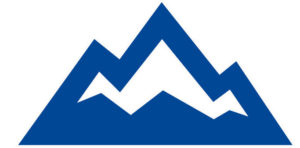

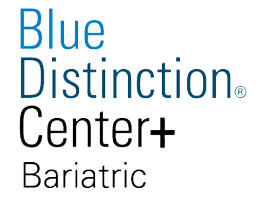

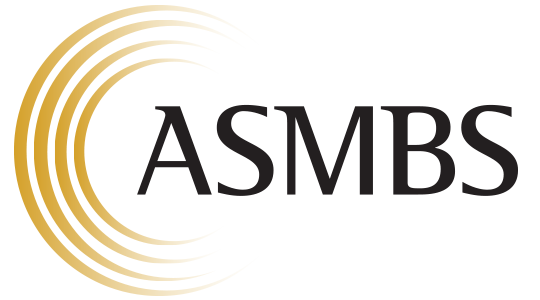
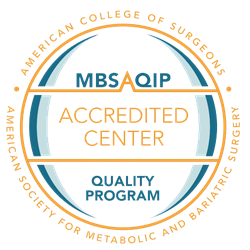
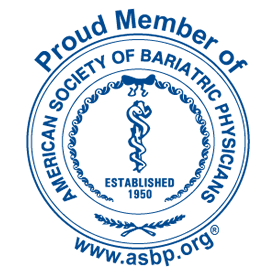
 Address: 1521 East 3900 South STE 100
Address: 1521 East 3900 South STE 100 Office: +
Office: +  Fax number (801) 268-3997
Fax number (801) 268-3997 Email: info@rmapinc.com
Email: info@rmapinc.com



